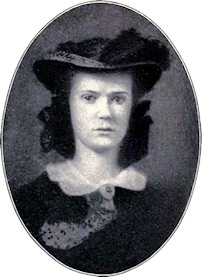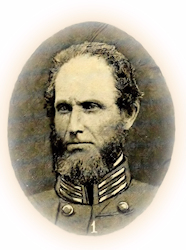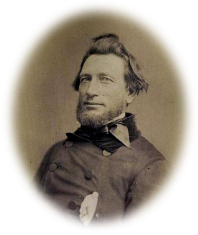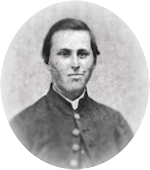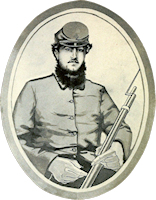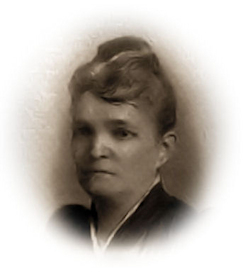13th. We are now all packed ready for a move, awaiting only the final order to march. Where or how we go, we do not yet know. We learn, however, beyond a doubt, that the regiments which disappeared so mysteriously a few nights since, embarked on transports under cover of the darkness, and have gone down the river. Their destination is not certainly known to us. From present appearances the plan seems to be, that the army, with the exception of Smith’s Division, or perhaps Franklin’s Corps, are to embark on transports, leaving us to escort and protect our immense transportation train overland to Fortress Monroe. Should this conjecture be true, we shall have a hazardous time, unless General Pope shall succeed in keeping the enemy so busily engaged as to relieve us. I have full confidence that he will exert himself to the utmost to relieve us in this manner.
Our leaders here are rapidly losing the confidence of the army and becoming objects of ridicule to the enemy. At White Oak Bridge, when we retreated, we left our pickets at their posts, without notifying them of our movements. They were of course taken prisoners. They have been paroled and are returning to camp. They say that immediately on being captured, they were being examined by a rebel Colonel, when Stonewall Jackson came up and upbraided the Colonel for spending time with the prisoners. “Let the prisoners go,” said he, and “press on after the enemy. So accustomed have they become to digging that if you give them twelve hours’ rest, they will dig themselves clear under ground.” Flattering, truly! I hope General McClellan will note it. But these things must not be talked about. Oh, no! We must see army after army sacrificed, the bones of hundreds of thousands of our bravest men bleaching on the plains, the nation draped in mourning, and not speak of it lest we shake confidence in our Generals, who through selfishness or incompetency, I will not yet say treason, are so frequently subjecting us to such contumely and sacrifices. History will make sad revelations of this war. I verily believe that, could its abuses be fully told, it would arouse the people to an enthusiasm which no acts of the enemy can excite. Under our present leaders, God knows what is to become of us. I have lost all confidence in them. In only four months from the time we landed on the Peninsula we had lost nearly two-thirds of the vast army brought with us, without one decisive battle! Since the 20th March we have landed here about 160,000 men. I doubt whether we could to-day bring 45,000 into action! At any time between October and June last, it has been in the power of this army to crush out this rebellion in a month; and yet the rebellion is more formidable to-day than at any previous time. Even now we are receiving reports of the discomfiture of Pope’s army, and, notwithstanding that its struggles are for our relief, it is unmistakeably evident that the report gives pleasure to the staffs of McClellan and Hancock. It may be so with other staffs; these are the only ones I have seen. Jealousy, jealousy–what will be the end of this? God preserve us.
Whilst I am noting down these abuses, a strange feeling possesses me; I lose all sense of my determination to abandon this rotten thing, and I resolve here to fight to the bitter end. Oh, if we had a Wellington, a Napoleon, a Scott, or even a Jackson, to do–something–anything, but dig and watch and –! falsely report!
Just as I close this journal of the day, a man rides up and tells me that General Pope has had a fight, and “holds his own.” I hope this is true, but I cannot forget that on the 26th of June, General McClellan made the army boisterously joyful by his assertion that McCall had thoroughly whipped Stonewall Jackson. On the next morning at daylight, it was claimed that McCall had only “held his own.” Two hours later we find that instead of even holding his own, he had retreated four miles, but it was only a “strategic movement,” and next day it became necessary for the whole army to–not retreat–but–”change its base.” All this it required to tell the simple truth that we were overpowered, whipped, and on the retreat. I hope it may not now be the beginning of a like history of General Pope’s movements.
